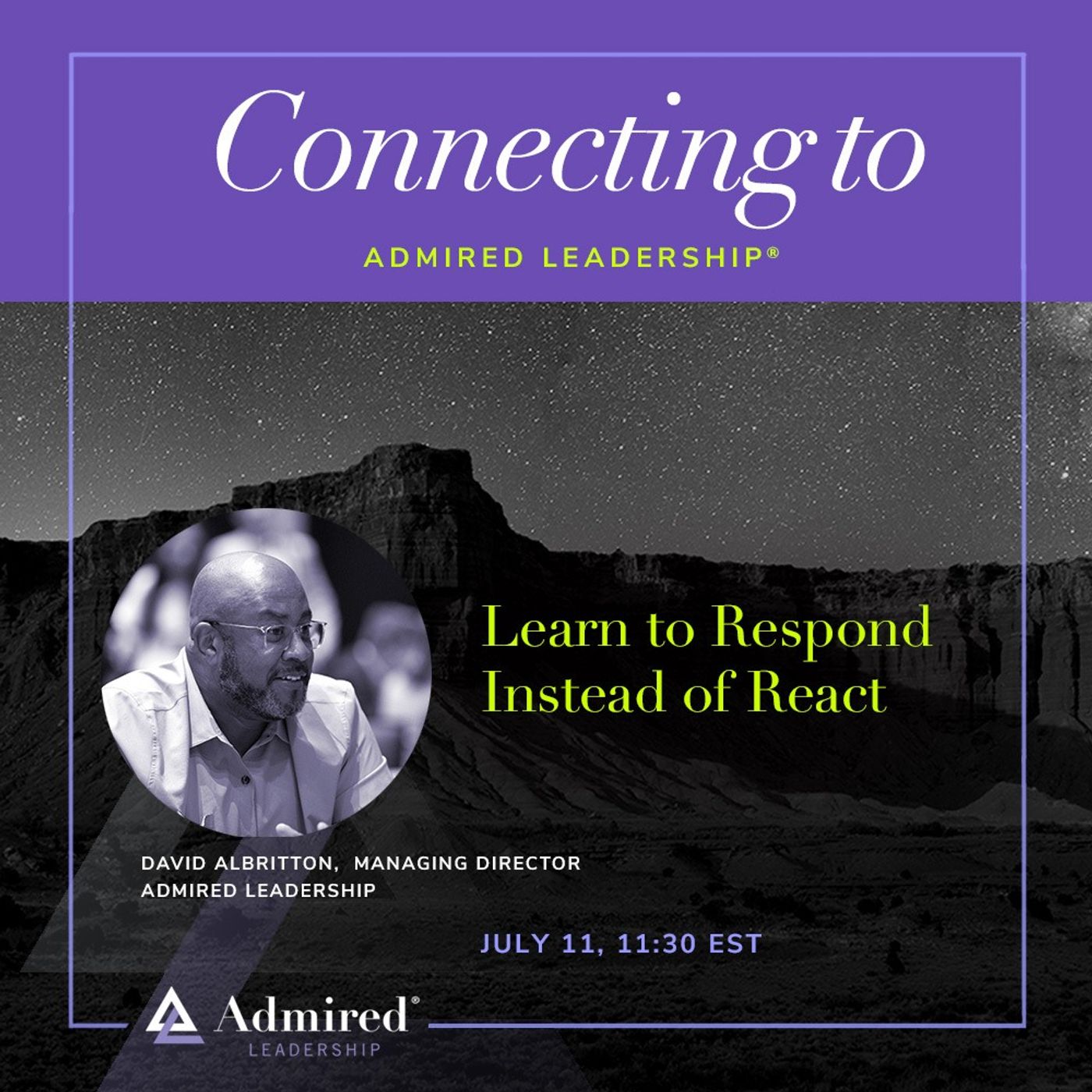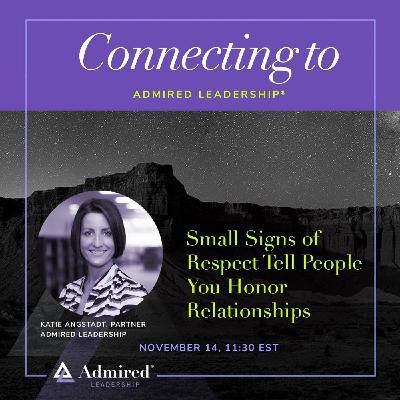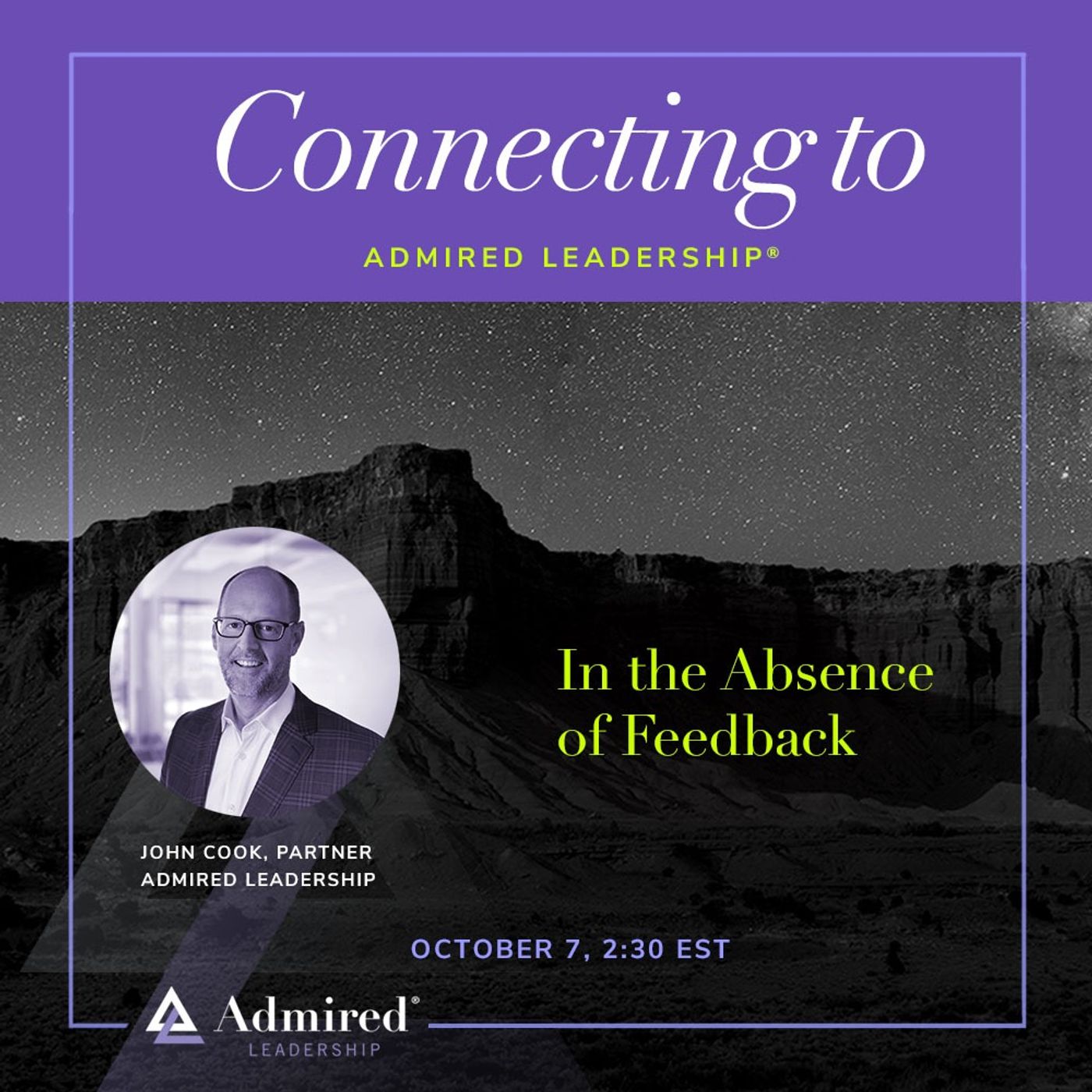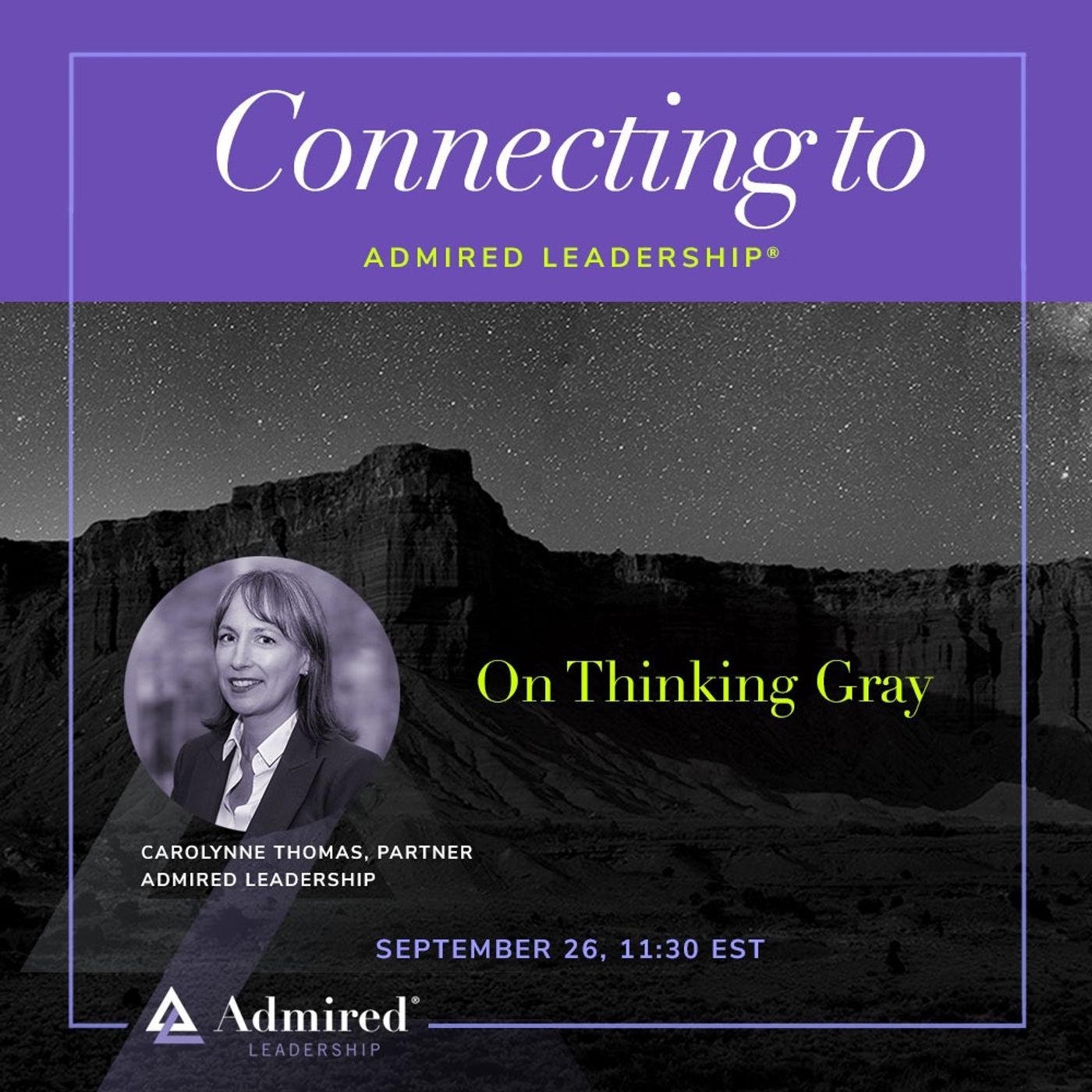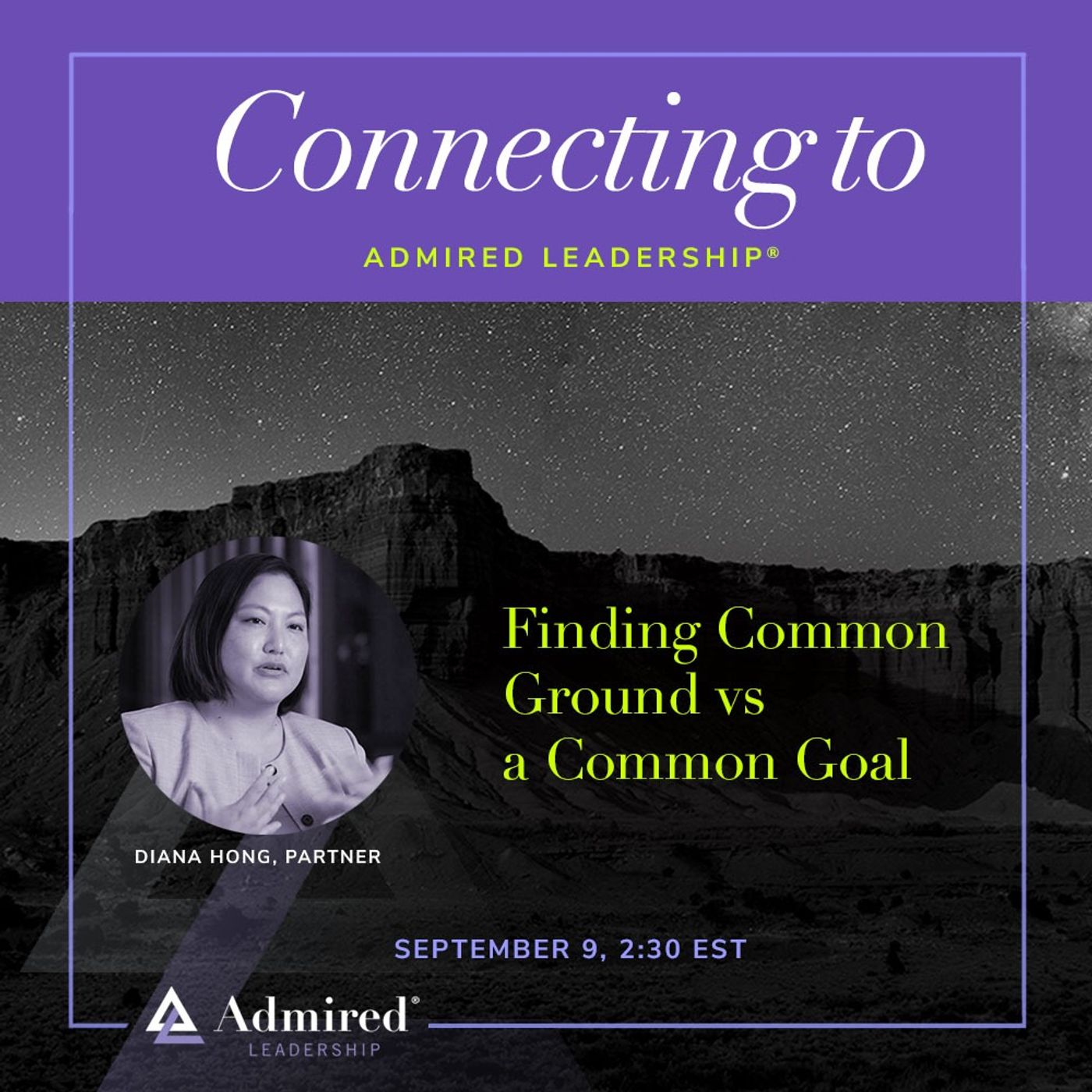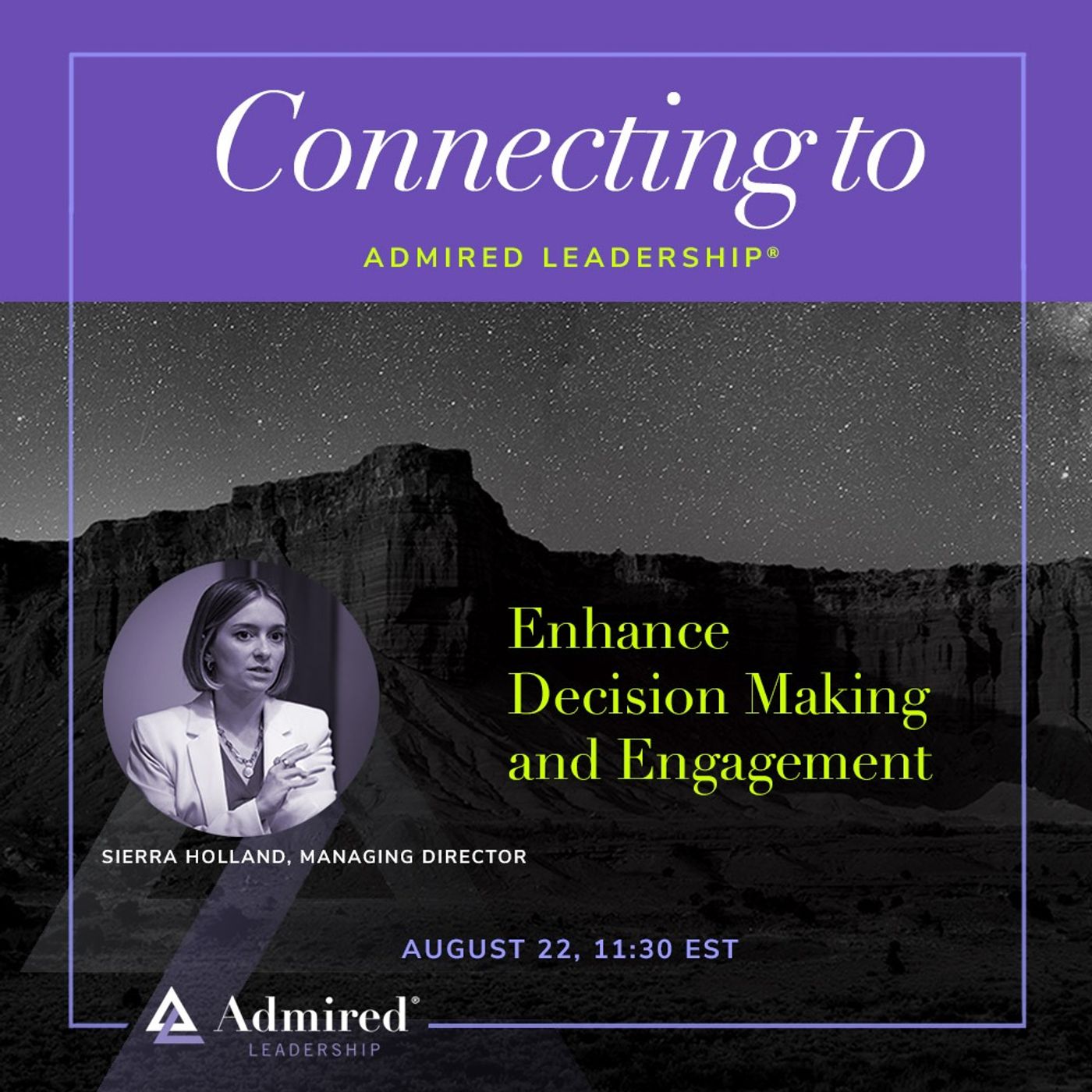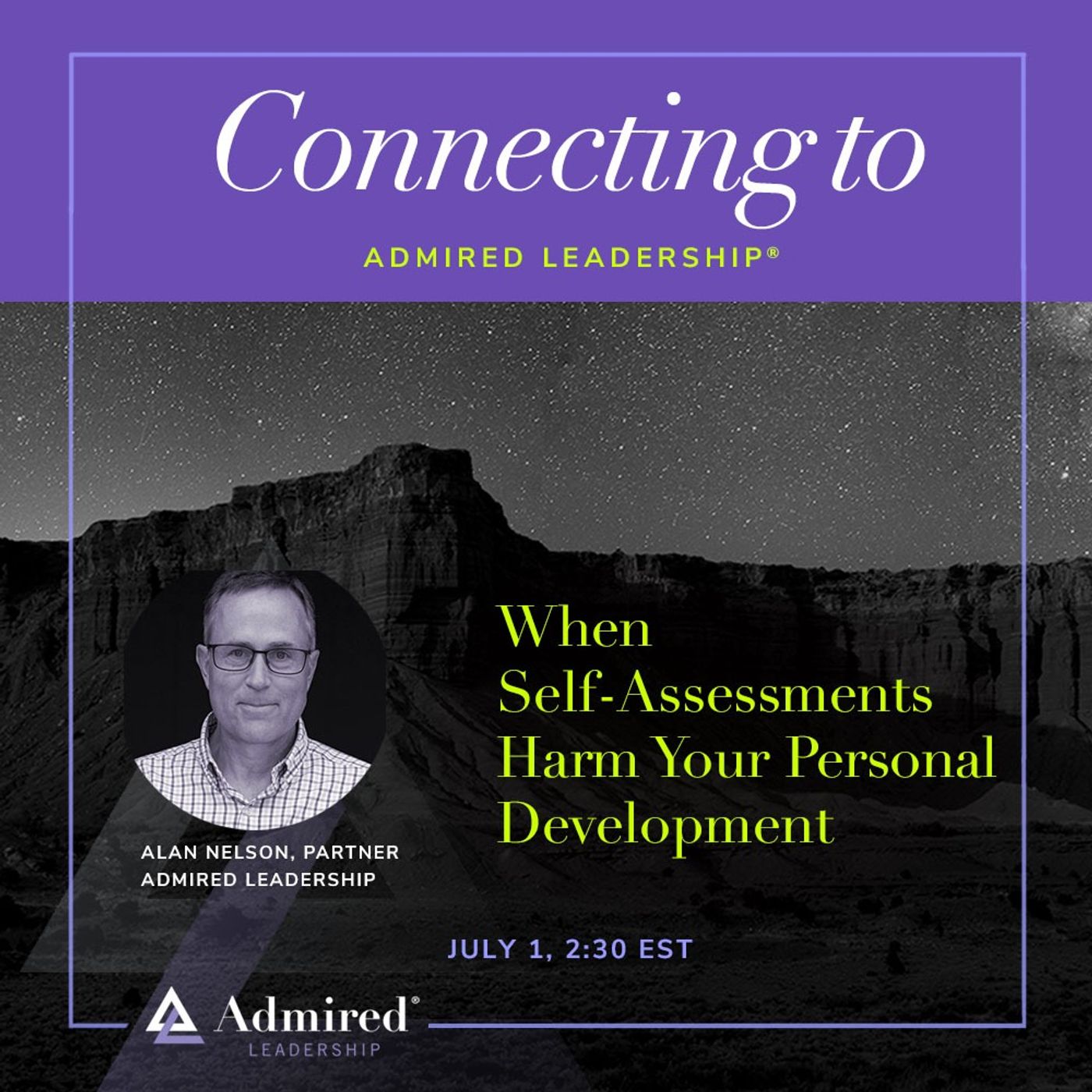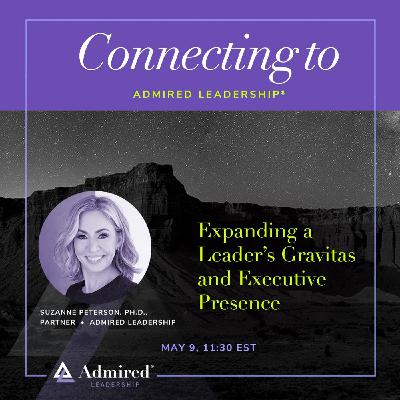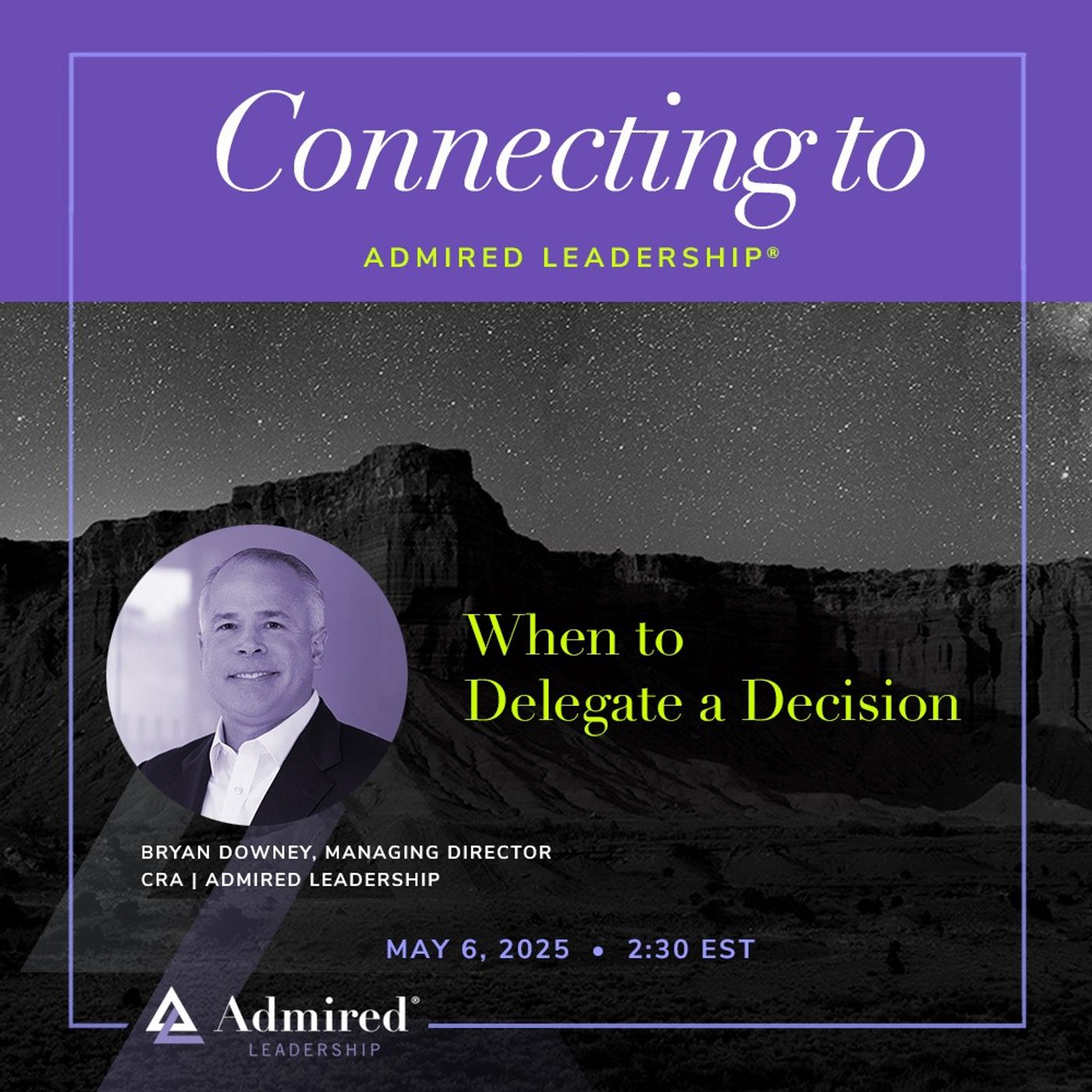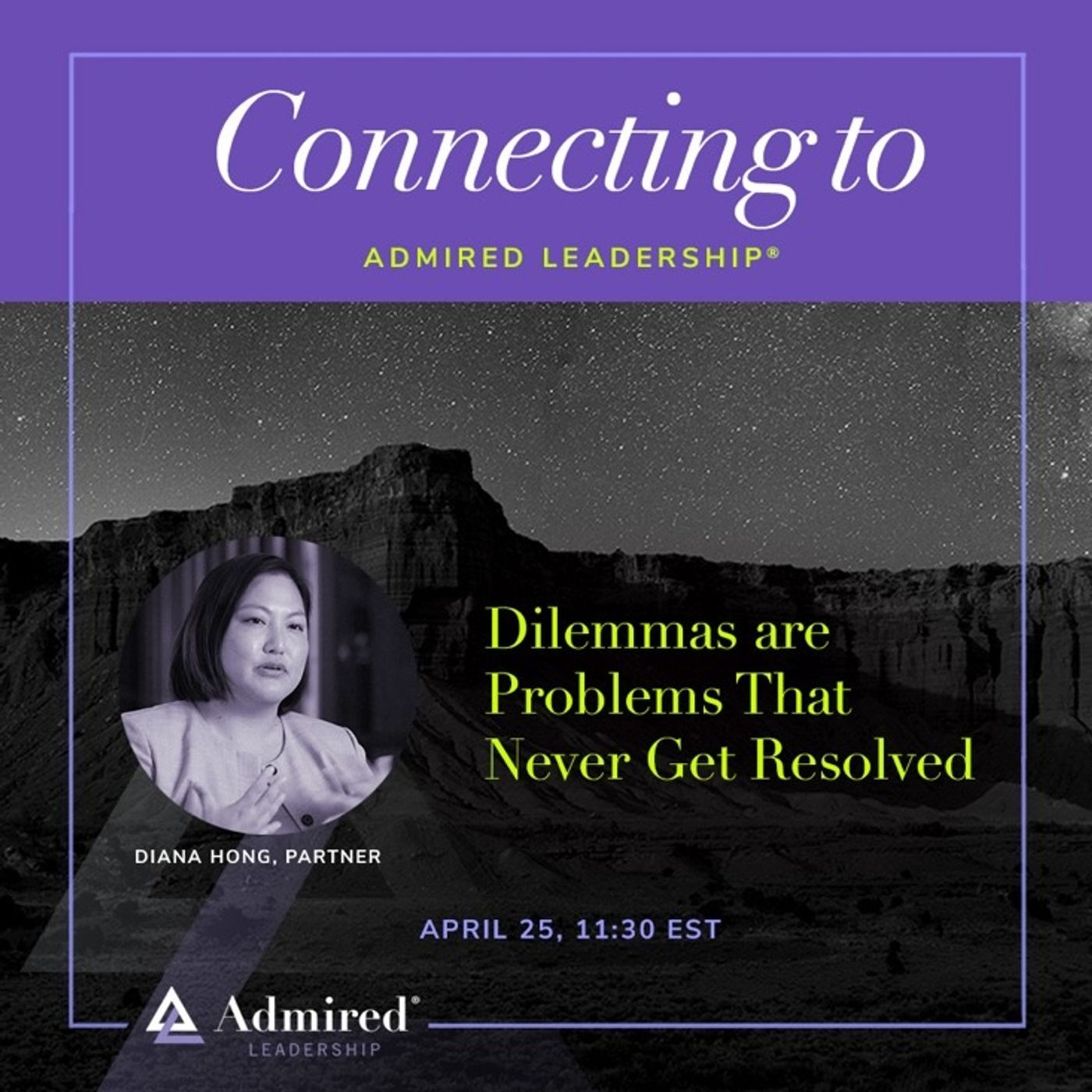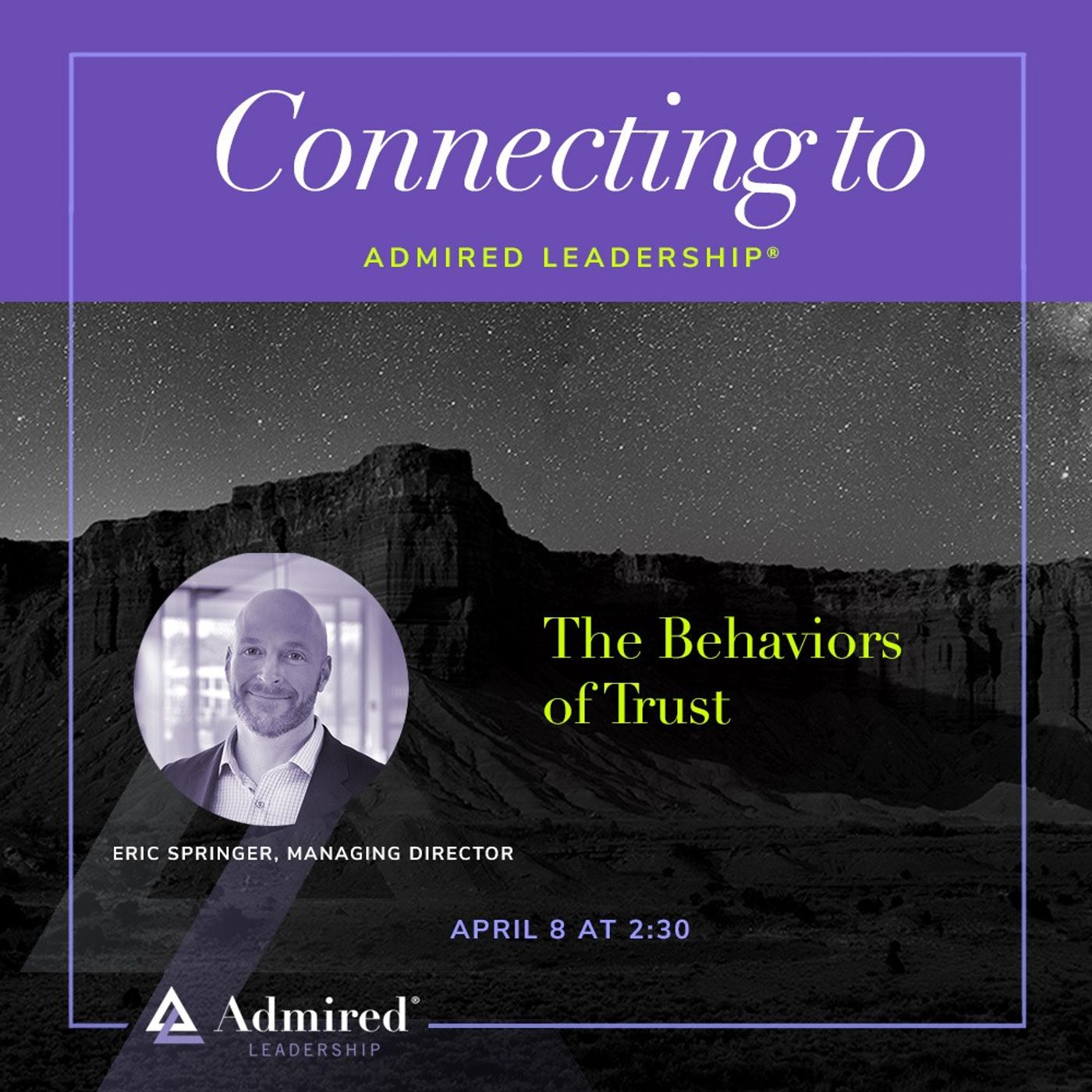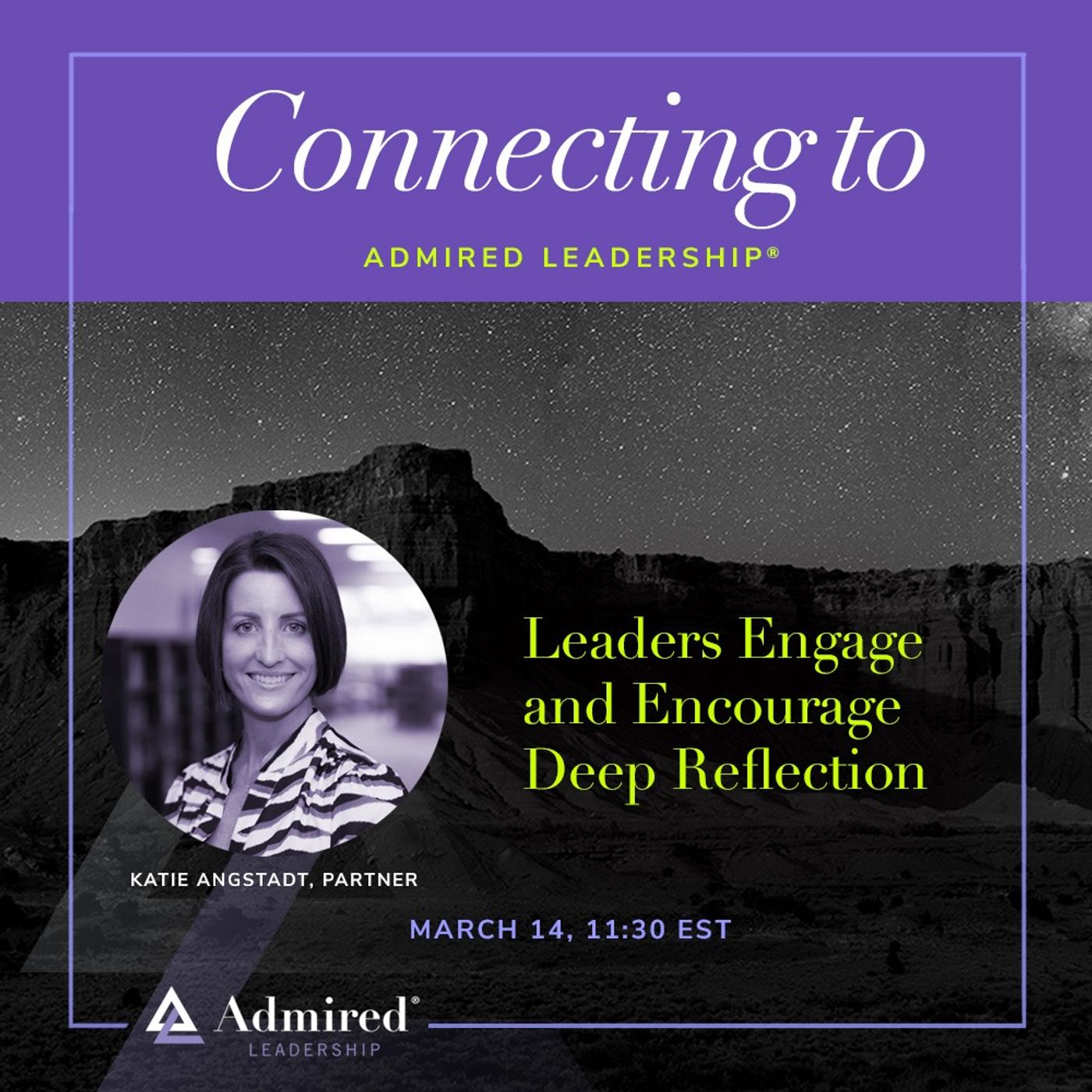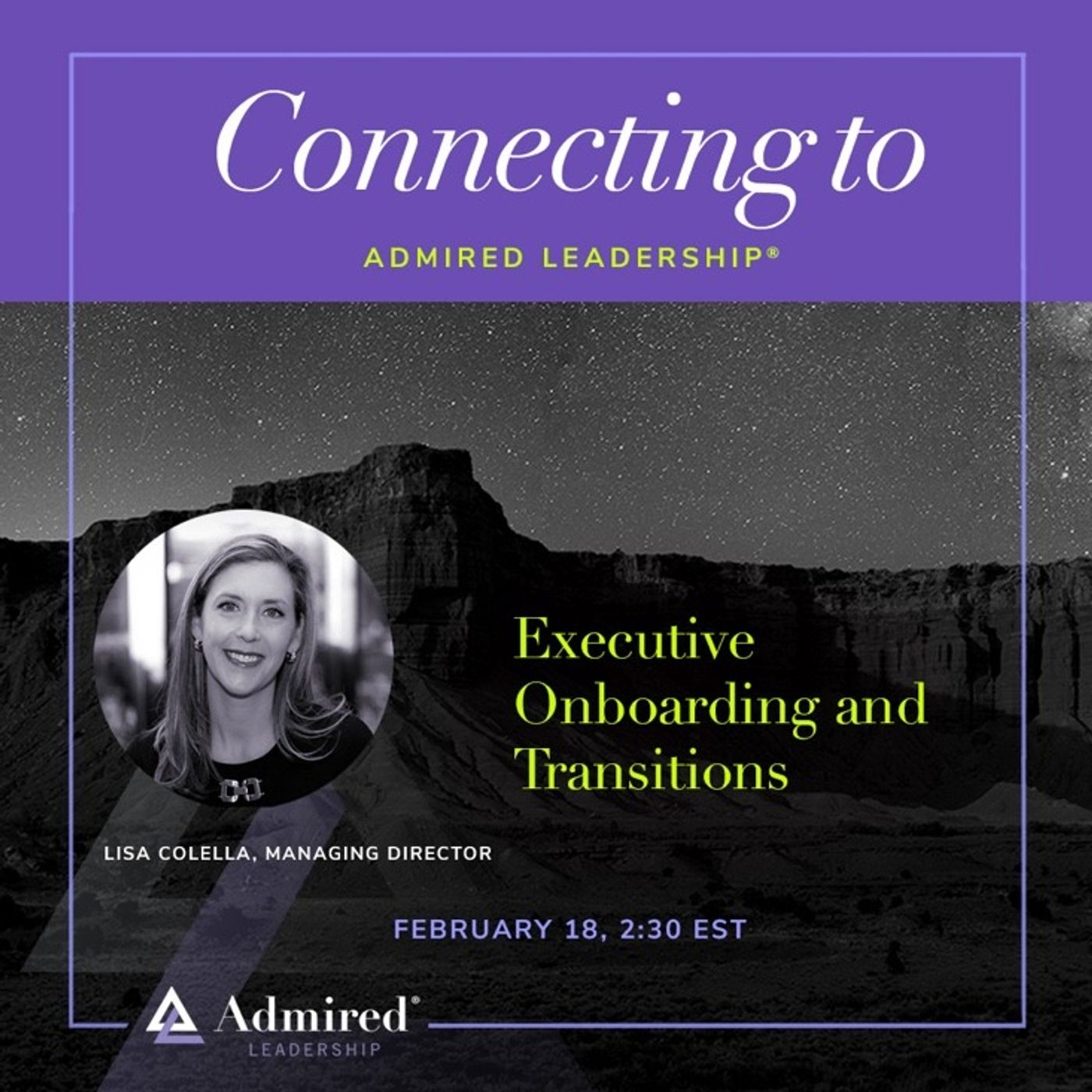Learn to Respond Instead of React
Update: 2025-07-11
Description
Register to be part of future conversations in real time here
Or schedule a time to talk directly to our team here
Key Highlights
- Two contrasting leadership stories: One showing how a senior admiral responded with grace when David made a career-threatening mistake with VHS tapes during a high-stakes presentation, and another where David's own reactive response to a difficult colleague cost him $50,000 in bonus and a promotion opportunity
- Moving beyond conventional wisdom: Traditional advice like "count to 10" treats symptoms rather than root causes - the best leaders develop consistent behaviors that create natural space between triggers and responses
- The power of inquiry over immediate answers: Develop the habit of asking 1-3 questions before responding, using phrases like "Tell me more about that" or "Say more about why you're feeling that way" to create thinking space
- Throwing problems back strategically: When someone brings you an emotionally charged issue, ask them for more context about how and why they feel that way - this gives you time to reflect while helping them process their emotions
- Judicious shows of emotion can be motivational: Sometimes a look or controlled display of frustration can be effective feedback, but only when built on a foundation of clear expectations and strong relationships
Notable Quotes
- "Leadership is what you do. It's how people react to you that's most important. Everybody else that engages with us is grading our papers based on our engagement."
- "Our goal isn't really to eliminate our emotional reactions because we are first human beings. What we want to do is develop consistent behaviors that create a space between the trigger and the response."
- "What we're not trying to do is automatically equal an answer in the immediate. What we're trying to do is become an excellent problem solver."
- "You owe them a response, not necessarily an answer to their question. Think about the difference in the frame with those two."
- "If you respond smartly, you can diffuse or derail a negative situation versus reacting immediately and viscerally and creating a kerfuffle."
Resources Mentioned
Comments
In Channel

